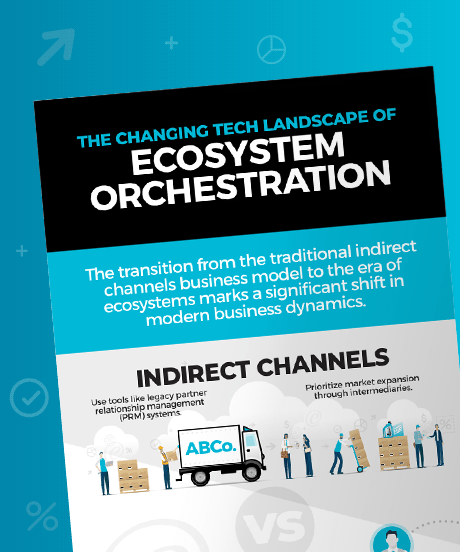Ecosystem Intelligence refers to the comprehensive understanding and analysis of the dynamic interactions, relationships, and interdependencies within an organization’s internal and external environment. This requires gathering and studying data to uncover patterns, trends, and insights that inform strategic planning and decision-making.
This includes:
- Monitoring relationships between stakeholders, such as partners, suppliers, competitors, and customers
- Identifying and evaluating market trends, opportunities, and risks within the broader ecosystem
- Leveraging data from various sources, including social, economic, and environmental contexts, to understand system dynamics
In practice, organizations use ecosystem intelligence to adapt to changing market conditions, improve collaboration across networks, and identify new growth opportunities. For example, a company might analyze supplier performance data and customer feedback simultaneously to optimize product delivery efficiency and customer satisfaction.
Ecosystem Intelligence is vital because it enables organizations to thrive in complex, interconnected environments. By understanding the full scope of their ecosystem, businesses can enhance innovation, mitigate risks, and create value for all stakeholders, driving long-term resilience and competitive advantage.
Centralize Ecosystems to Adapt to Market Trends

Infographic
The Changing Tech Landscape of Ecosystem Orchestration
The transition from the traditional indirect channels business model to the era of ecosystems marks a significant shift in modern business dynamics.
The new world of Ecosystem Orchestration fosters innovative, seamless collaboration and flexibility.
See the contrasts of Ecosystem Orchestration with the constrictions of traditional PRM and the impact of this implementation on your business.
